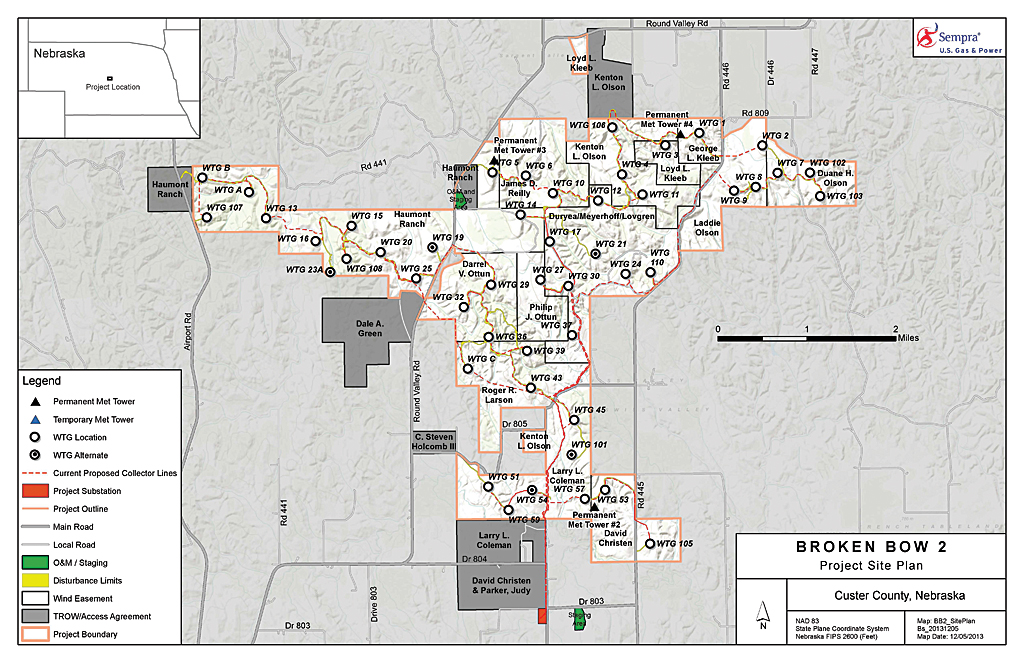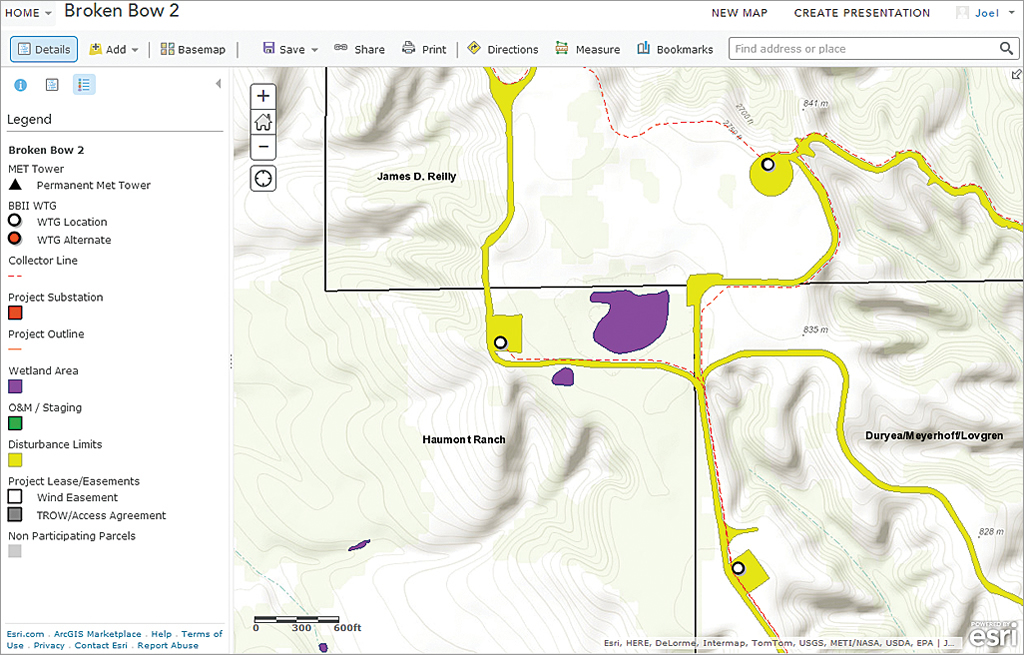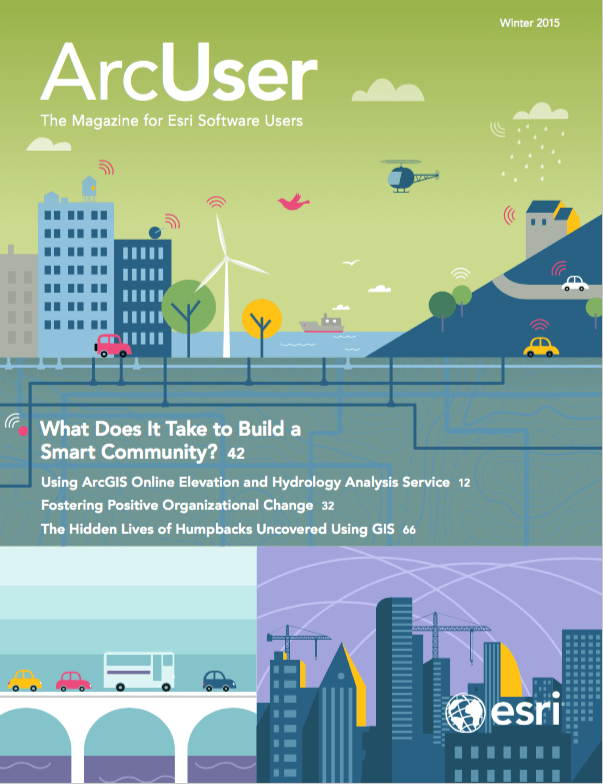Recently, Sempra Global, a holding company for Sempra Energy, found a way to expedite its internal communications; facilitate more rapid conversations; and make smarter, quicker business decisions.

Sempra Energy generates, transmits, and distributes energy for more than 31 million customers worldwide. Sempra Global manages diverse assets such as pipelines, wind turbines, liquefied natural gas terminals, and hydroelectric generation facilities.
Maps are a key resource at Sempra Global, which maintains data on its assets and projects in ArcGIS. Maps created in PDF or JPEG format by the company’s GIS team have long been used to share that data with Sempra engineers, managers, senior vice presidents, and directors, especially in presentations and meetings.
However, static maps don’t always show the extent or detail needed to answer specific questions that came up in meetings. To get the answer might require going back to the GIS team and requesting a new map.
“If someone wanted to see information in greater detail, we would have to start a whole new map request,” said Joel Griffin, senior GIS analyst for Sempra Global. “I didn’t like the sense I was hoarding all this valuable information.”
Griffin needed to know how to bring the maps to life so that everyone, whether they were trained in GIS or had never heard of GIS, could access and analyze the maps in real time.
Griffin convinced the IT department to get his team an ArcGIS Online subscription. The subscription was part of an enterprise license agreement (ELA) with Esri. With it ,Griffin’s team could create real-time, interactive web-based maps to supplement the static maps Sempra had been using.

Now, if someone in a meeting wants to get a closer look at a transmission pipeline or find out more information about it, this is accomplished simply and immediately by zooming or clicking on a web map. No need to request another map.
Eliminating these map requests freed Griffin and his team to improve the quality of Sempra’s data. This quickened and strengthened business decisions.
Sempra Global capitalized on the additional benefits that come with an ELA. Access to maps and data could be controlled. Users were authorized to access only those maps and data related to their projects, which improved security. The GIS team eliminated redundancy in data files by consolidating data that previously existed in various folders, servers, and hard drives into a single source, which can be centrally maintained, eliminating multiple and possibly conflicting versions of the same dataset.
With online maps, more people can access the data. More than 50 Sempra Global employees directly use the web maps. Engineers, developers, project managers, and executive staff can log on and access what they need without requesting that data from anyone. Before, only GIS-savvy people could use and access the data,” Griffin said. “Now the data is available to everyone who wants to know.”
“It is vital to have the information into the hands of those who need it instantly to make better decisions,” Griffin said. “Now we are giving our users the chance themselves to explore data, which has empowered them to think and collaborate in ways not available to them before. Everyone sees this as a useful tool that you can reference, that you can use all the time.”

